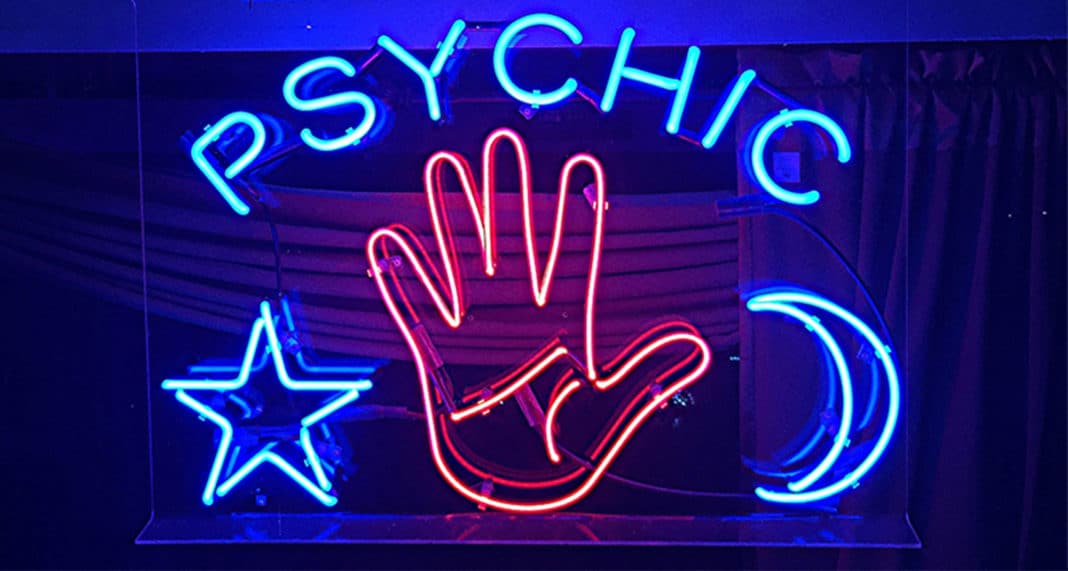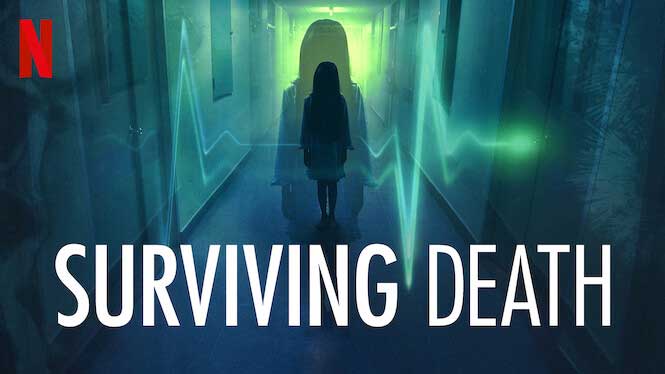Netflix’s new six-part docuseries ‘Surviving Death’ has left watchers confused and amazed by the possibility of an afterlife. With episodes dedicated to near-death experiences, mediums, and reincarnation, the series created by Ricki Stern has triggered quite the debate over social media regarding just how much proof each episode has embedded.
One of the main criticisms of Surviving Death is that everyone on the show is stricken by grief. Many times, the people interviewed were not believers in the afterlife, and only after a loved one had died did they open up to the possibility that an afterlife might not be fake. The idea that we see what we want to believe is overwhelmingly apparent in Surviving Death when the grief-stricken subjects are searching for a way to connect to their lost loved ones.
Journalist Nick Schager had one very interesting question: “Where are the bitter, angry ghosts who want to vent to those they left behind? More pressing still, where are the spirits who, rather than telling their relatives pat sentiments about love and forgiveness, are eager to report back about what life after death is really like?”.
For example, the fascinating character whom we meet early on in the series, Mike  Anthony, admitted he was a self-proclaimed sceptic when it came to believing in an afterlife, however one his father passed away, he reached out to a medium in a desperate attempt to communicate with his late father. Could it be argued that those with a vulnerable relationship with grief, like Anthony, cannot be interviewed for ‘proof in an afterlife’ as their overwhelming emotions towards death could manipulate a fair response?
Anthony, admitted he was a self-proclaimed sceptic when it came to believing in an afterlife, however one his father passed away, he reached out to a medium in a desperate attempt to communicate with his late father. Could it be argued that those with a vulnerable relationship with grief, like Anthony, cannot be interviewed for ‘proof in an afterlife’ as their overwhelming emotions towards death could manipulate a fair response?
Richard Wiseman, a professor of the public understanding of psychology, stated that; ‘ultimately, Surviving Death tells a compelling tale of people’s desire for meaning in the universe — and of their deep, unrelenting love for deceased family and friends. Science can never prove or disprove the existence of the afterlife, and the comfort that many families get from the belief in life after death is powerful. But astounding claims of inexplicable phenomena in this world should be approached with care.’
However, there is a continuous and ongoing argument revolving around the idea that although hearing stories about people’s experiences, one must have their own experience to fully understand the idea of a possible afterlife. Thus, although the Netflix docuseries allows us to open our minds up to the idea of life after death, it is hard to become full believers without having any encounters ourselves.
Do you believe in life after death?


